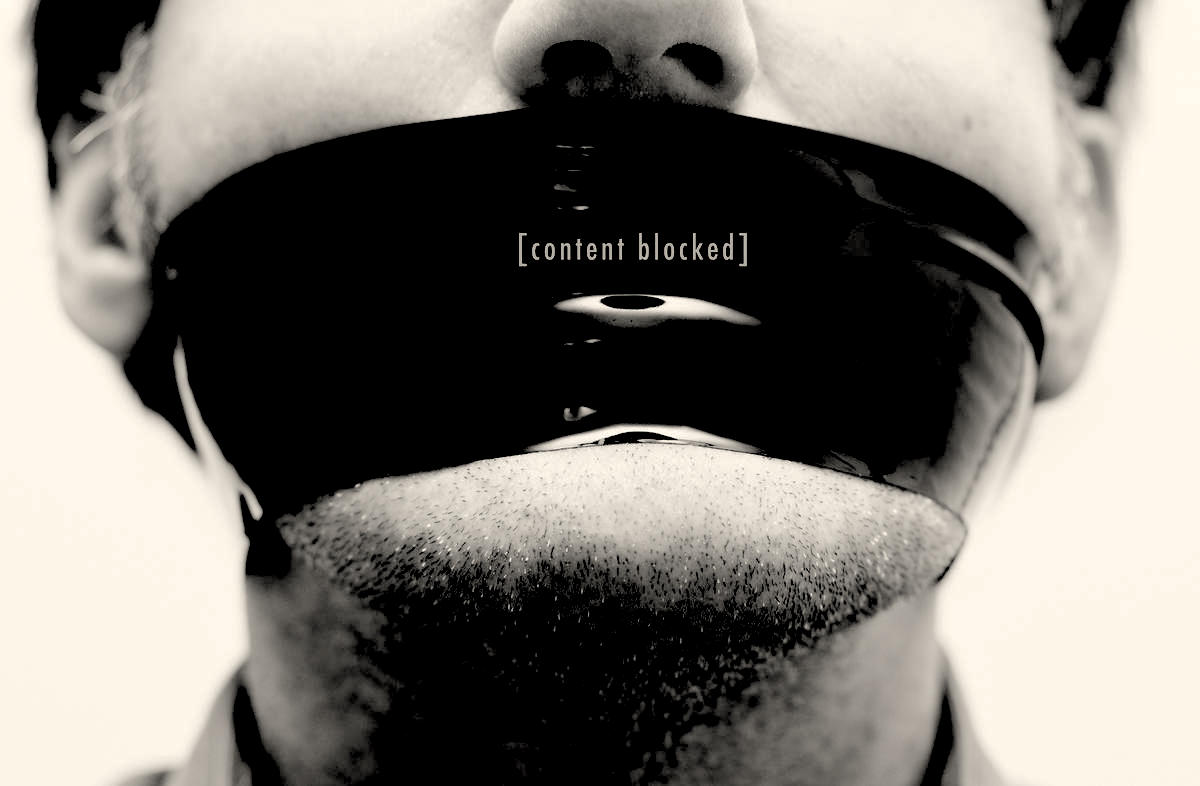Ambika bhardwaj
Published On: January 14, 2022 at 18:00 IST
The Hong Kong government is broadening its use of a long-dormant sedition law, which some lawyers and democracy advocates say is tightening the press’s grip on freedom of expression. In late December, China-ruled that Hong Kong aimed two media outlets, indicating a renewed reliance on sedition legislation.
On December 29, approximately 200 police officers raided the Stand News office and apprehended seven people and charged two editors with conspiracy to publish “Seditious publications.”
Authorities have not provided a full explanation for the charges. However, pro-Beijing media outlets Ta Kung Pao and DotDotNews identified specific Stand News articles as seditious, such as interviews with local democracy activists and opposition figures. These were the topics that were not uncommon in Hong Kong until recently.
Prosecutors had filed a new charge of sedition against Jimmy Lai, 74, the founder of the now shuttered Apple Daily newspaper and a few of his top executives the day before.
According to three legal scholars interviewed by Reuters, the charge of sedition, inciting resistance or insurgency against central authorities, stems from colonial-era laws designed to quash dissent against the British crown and had not been used in Hong Kong since the mid-1960s until recently. According to those scholars, last month’s sedition charges were first levelled against the media since 1967.
According to some legal scholars, recent Court decisions have enabled authorities to use the contentious national security law (NSL) levied on the city by Beijing in 2020 to strengthen colonial-era laws such as sedition.
The security law, enacted after the violent pro-democracy protests in the city in 2019, gives police powers of search, seizure, and surveillance, and makes it more difficult for those arrested to obtain bail. Under the law, only judges designated for national security duties will hear cases.
According to three lawyers, the sedition law permits officials to specifically attack the published content of media operations and does not necessitate prosecutors to demonstrate that an offending article or speech was meant to be seditious.
Also read: Political chaos in Hong kong

